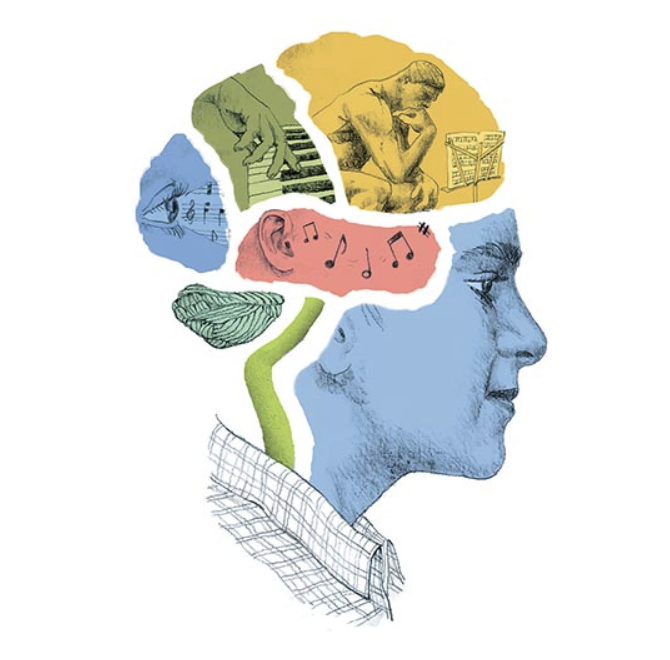Music and the Brain
Music is a universal language that has the power to evoke strong emotions and create lasting memories. But what is it about music that makes it so powerful? And how does our brain process and respond to music?
Research has shown that music has a profound effect on the brain, with numerous studies suggesting that it can improve mood, reduce stress, and even enhance cognitive function. But how does music achieve these effects, and what is the science behind music and the brain?
To understand the science behind music and the brain, we must first understand the neural processes that occur when we listen to music. When we hear music, sound waves travel through our ears and are transformed into electrical signals that are sent to the auditory cortex in the brain. The auditory cortex then processes the signals and determines the pitch, rhythm, and timbre of the music.
But music doesn't just activate the auditory cortex. Studies have shown that music also activates several other regions of the brain, including the prefrontal cortex, which is involved in cognitive processing and decision-making, and the limbic system, which is involved in emotion regulation.
One of the key ways that music affects the brain is through the release of dopamine, a neurotransmitter that is associated with pleasure and reward. When we listen to music that we enjoy, dopamine is released in the brain, creating a pleasurable sensation and reinforcing our desire to listen to music again in the future.
But the effects of music on the brain go beyond just pleasure and reward. Studies have also shown that music can have a calming effect on the brain, reducing levels of cortisol, a hormone that is associated with stress. This may explain why many people find music to be a helpful tool for relaxation and stress relief.
In addition to its effects on mood and stress, music has also been shown to enhance cognitive function. One study found that listening to music before performing a task that requires spatial reasoning can improve performance on the task. Other studies have found that music can improve memory and learning, possibly by increasing the brain's plasticity, or ability to change and adapt in response to new information.
But music's effects on the brain aren't just limited to listening. Playing music has also been shown to have numerous benefits for the brain, including enhancing fine motor skills, improving memory and cognitive function, and even increasing the size of certain regions of the brain.
Overall, the science behind music and the brain is complex and multifaceted, with numerous neural processes and pathways involved. But what is clear is that music has a profound effect on the brain, with the potential to improve mood, reduce stress, enhance cognitive function, and even promote physical changes in the brain itself. As research in this area continues, we can expect to gain a deeper understanding of the complex interplay between music and the brain, and how we can harness the power of music to improve our health and well-being.
